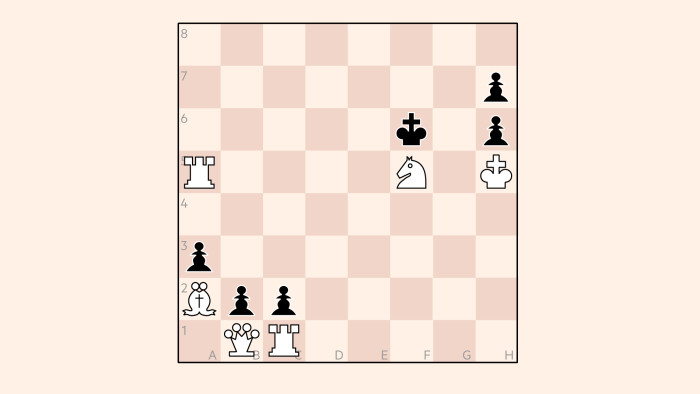Hastings chess tradition still strong after more than a century

Hastings’ New Year congress is in action this week, continuing a tradition that has endured for more than a century. Its vintage years were the 1930s, when Alexander Alekhine and José Raúl Capablanca competed, and the 1970s boom, when the Soviet stars were led by Anatoly Karpov, Boris Spassky and Mikhail Tal.
Today’s great masters have different goals. The current event clashes with the World Rapid and Blitz championships in Kazakhstan, but Hastings’ historic resonance remains strong. Caplin Systems, providers of online financial trading technology, are the main sponsors, supported by Hastings Borough Council.
Outright English victories are rare, although David Howell won last year’s event, played online due to Covid. Before that, Danny Gormally shared first place in 2018-19, while Gawain Jones was the clear winner in 2012-13.
This year’s top six seeds are all from overseas, with 46-year-old Gormally again among the home players most likely to upset the rankings. The nine-round tournament is an opportunity for Harry Grieve, 21, the reigning British champion, to score his first major international success. Beyond that, the youngest player is Kushal Jakhria, just seven years old but already with a national rating of 2060, which is expert standard.
For the future, Hastings could make the best of its historic but reduced status by giving priority to ensuring that at least one of England’s grandmasters rated 2600 or over takes part. Any of them would have been the No 1 seed this year, enhancing publicity. The English Chess Federation could also play its part by reviving the 1970s tradition where the national federation invited a squad of its best juniors to compete in the master tournament, for which there are ample trust funds.
Over the decades, Hastings has produced some memorable games. One of the most notable was in 1953-54 when Hugh Alexander, a Bletchley Park codebreaker and the FT’s first chess correspondent, defeated world finalist David Bronstein in a 121-move marathon that lasted several days and made front-page news.
My personal favourite is Alekhine’s last round win over Reuben Fine in 1936-37 where White’s sudden and decisive attack against the f7 square featured the star move 34 Qa2!
Puzzle 2500
White mates in two moves, against any black defence (by Dr Werner Speckmann). Black has just a king and pawns against White’s king and pieces, but the only route to checkmate is hidden.
For solution, click here
Comments